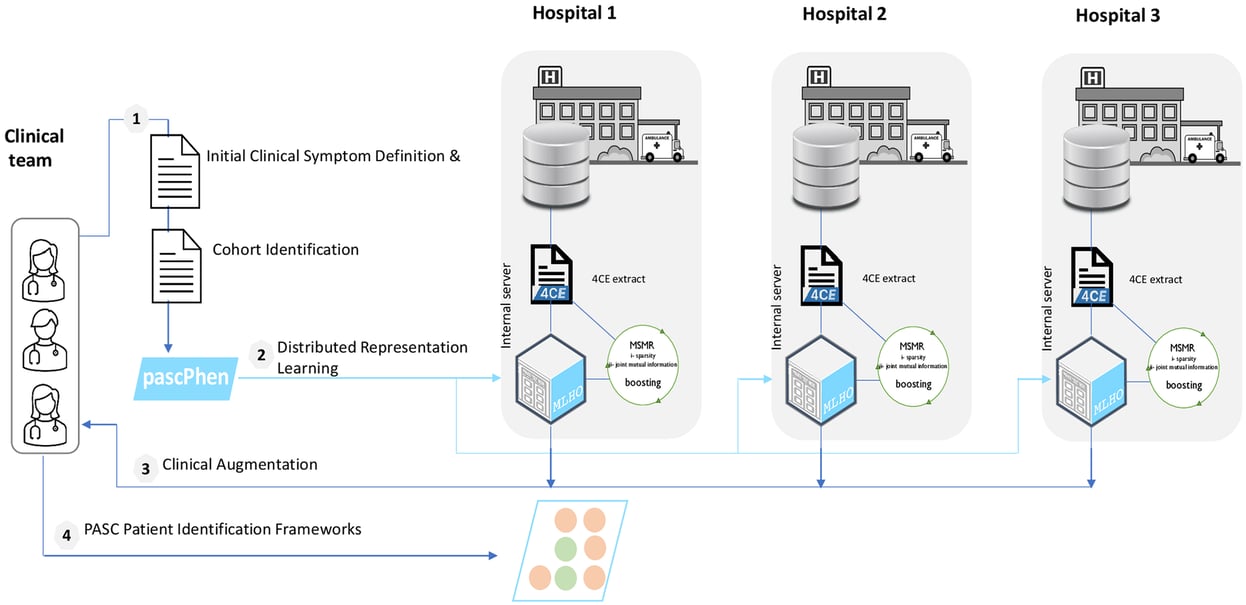Your guide to how tech is transforming health care and the life sciences
| Health Tech Correspondent |
|
|
Hi, health tech readers! Lizzy's taking over today as Mario continues his well-deserved vacation. Today we've got some M&A news in the urological device space, a Microsoft and Google revenue status update, and data from a blood-testing company that will unfortunately always be compared to Theranos. |
|
|
medical devices Teleflex buys Palette Life Sciences for $600 million Teleflex announced plans to buy Palette Life Sciences, the maker of a slate of gel-based products treating urological disorders. The vascular device manufacturer will pay $600 million upfront, and plans to use Palette's portfolio to treat more urinary tract and reproductive health conditions. Teleflex develops a range of devices, but makes the most money from vascular products like catheters. The company offers just one urological treatment: the UroLift system to relieve an enlarged prostate. With Palette, it will gain five more treatments all built from hyaluronic acid, a stretchy material that's meant to last longer in the human body. Palette's highest-revenue device is Barrigel, which helps protect the rectum from harsh radiation administered to prostate cancer patients. Read more here.
earnings AI business is booming at Google and Microsoft Alphabet and Microsoft reported strong quarterly earnings this week, buoyed by surging demand for generative AI tools. Both companies are racing to incorporate the technology into their health care products and broader cloud services. Microsoft CEO Satya Nadella reported that hundreds of health care organizations are using its DAX product to automate clinician notetaking. He also referenced an agreement to integrate the product into Epic's electronic health records software. Alphabet's Sundar Pichai said the company has already embedded more than 80 generative AI models into its cloud offerings available to health care users and other businesses. The company's cloud division recorded $8 billion in second quarter revenue, up 28% over last year.
diagnostics Truvian shares positive data for its blood tests… But the San Diego blood diagnostics company still lives in Theranos' shadow. The startup shared clinical data for the first time this week, showing that its tests work largely as well as those used in large laboratories. The company pulled common measures like cholesterol levels and blood cell counts in nearly 240 blood samples, my colleague Jonathan Wosen reports. They're preparing to submit to the FDA submission in the third quarter of 2024. Truvian's vision for accessible blood testing is similar to the pitch from Theranos, which could draw extra attention from regulators. But it is planning to publish results from its next validation study in a scientific journal, which Theranos never did. The experts Jonathan spoke with don't see major red flags as of yet, but questioned how useful the device will really be. "If I had some sort of worry, it's really, where is this thing going? What is their marketing approach? What are they really pushing for?" said Geoffrey Baird, chair of laboratory medicine and pathology at the University of Washington in Seattle. Read more here. |
|
artificial intelligence Using AI to better understand long COVID 
In a new paper in PLOS Digital Health, researchers analyzed electronic health records across three hospital systems to better identify patients with long Covid-19 symptoms. The team trained a machine learning model to pinpoint these patients outside of typical diagnosis codes. The model focused on three long Covid symptoms: labored breathing, fatigue, and joint pain. Among 30,422 hospitalized Covid patients, the model accurately predicted labored breathing 73% of the time, fatigue 74% of the time, and joint pain 91% of the time. "Accurate tools for identifying such patients could enhance screening capabilities for the recruitment for clinical trials, improve the reliability of disease estimates, and allow for more accurate downstream cohort analysis," the researchers wrote.
Digital Health Industry news - The FDA announced its support this week for a different type of sterilization of medical devices: low temperature vaporized hydrogen peroxide.The EPA is pushing device manufacturers to cut down on ethylene oxide, a carcinogenic gas and the only material able to sterilize devices that can't be exposed to steam.
- Inspire Medical hired Carlton Weatherby, the VP of Medtronic's spine business, to become the neurotech company's chief strategy officer. Weatherby will help Inspire think bigger as demand for its nerve stimulating device to combat sleep apnea grows.
- Teladoc earned $652 million in revenue this quarter, beating analysts' expectations. Its online mental health platform BetterHelp saw revenues climb 18% over last year.
|
|
Check out more exclusive coverage with a STAT+ subscription | Read premium in-depth biotech, pharma, policy, and life science coverage and analysis with all of our STAT+ articles. |
|
What we're reading - America already has an AI underclass, The Atlantic
- Protecting the privacy of health information: A baker's dozen takeaways from FTC cases, FTC
- Lawsuit says Cigna illegally denies claims in bulk, sticking patients with unexpected bills, STAT
- Thirsty data centers are making hot summers even scarier, Bloomberg
|
|
Thanks for reading! More on Tuesday - Mario Mario Aguilar covers how technology is transforming health care. He is based in New York. |
| STAT, 1 Exchange Place, Boston, MA | ©2023, All Rights Reserved. | |
|



No comments